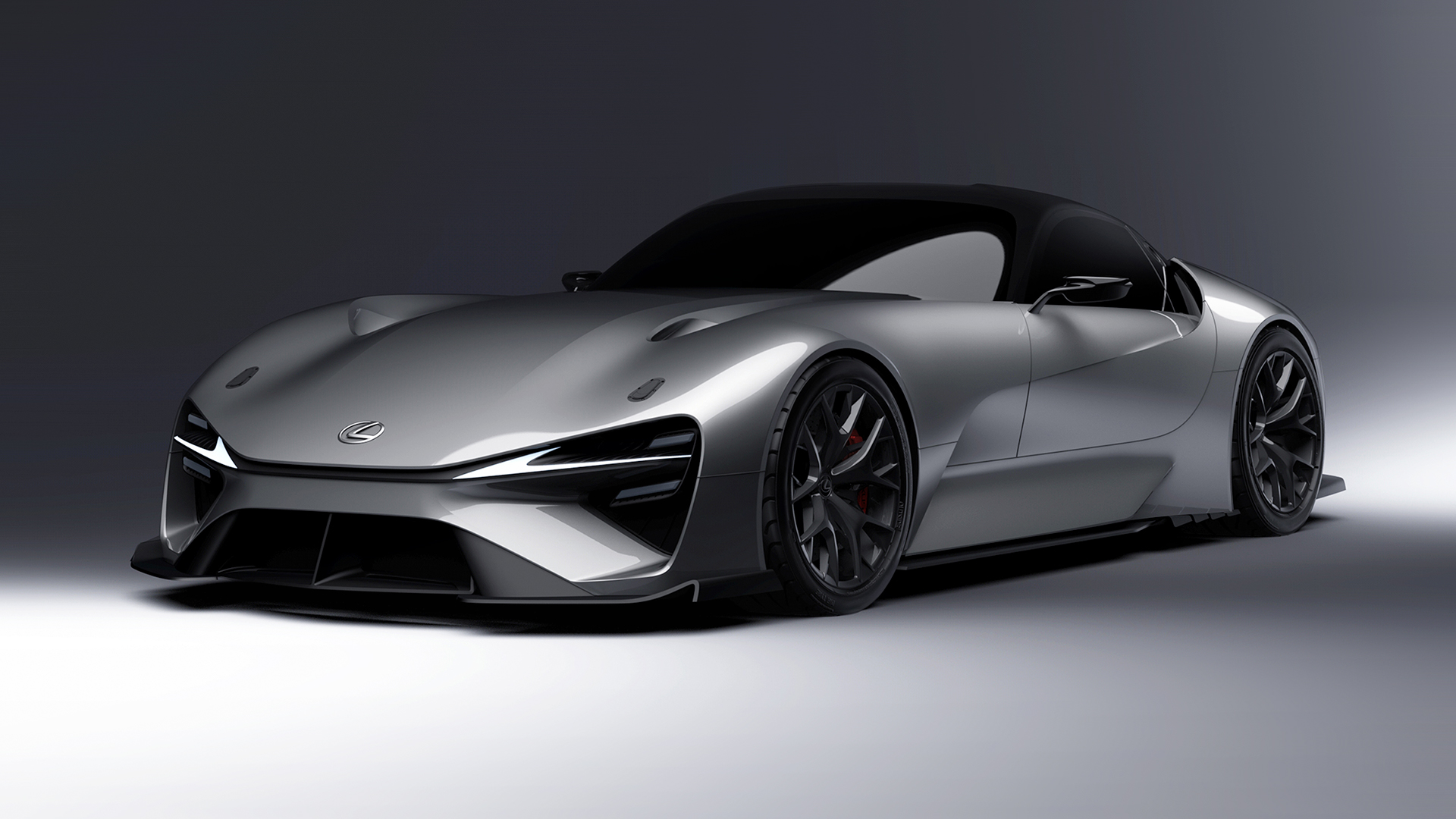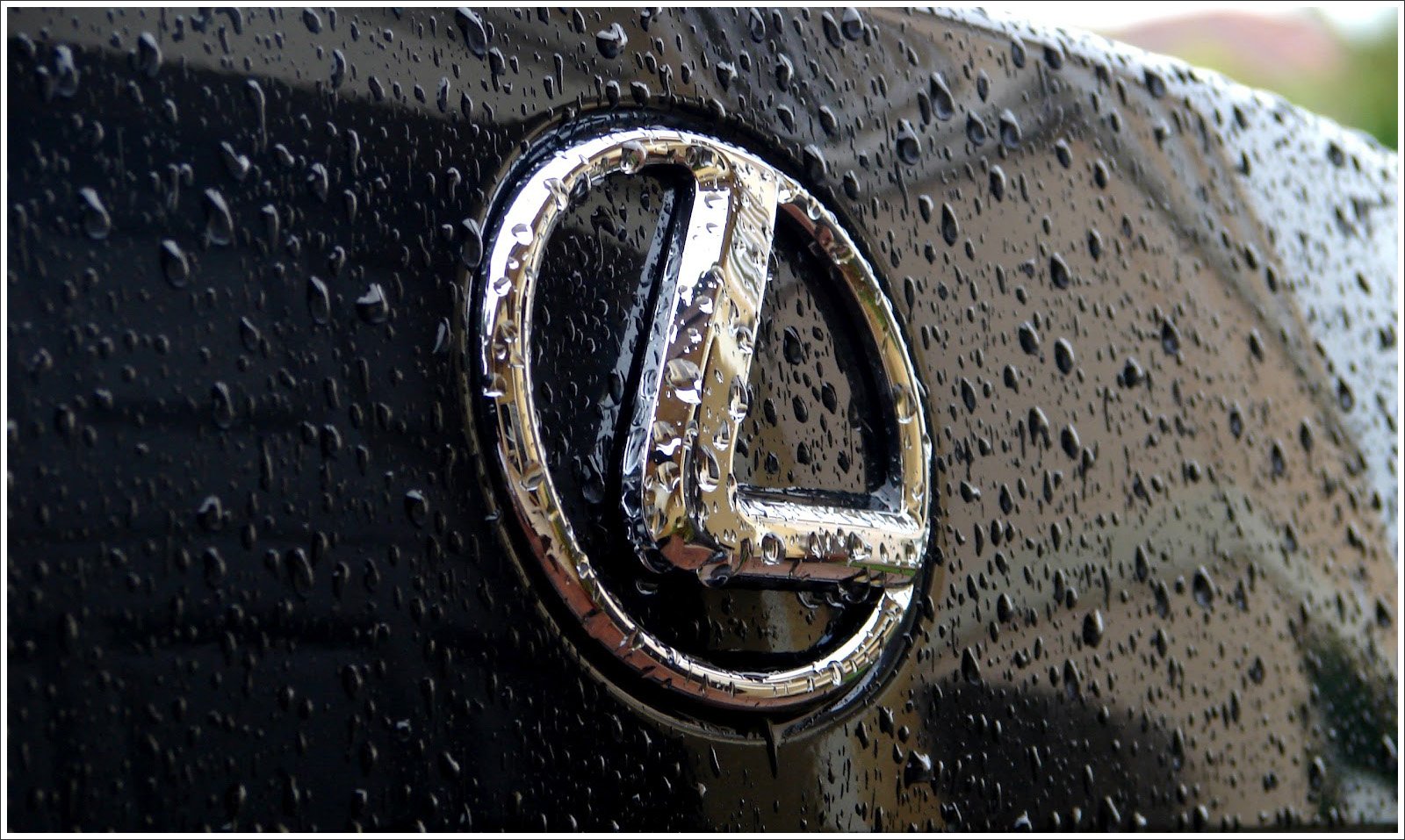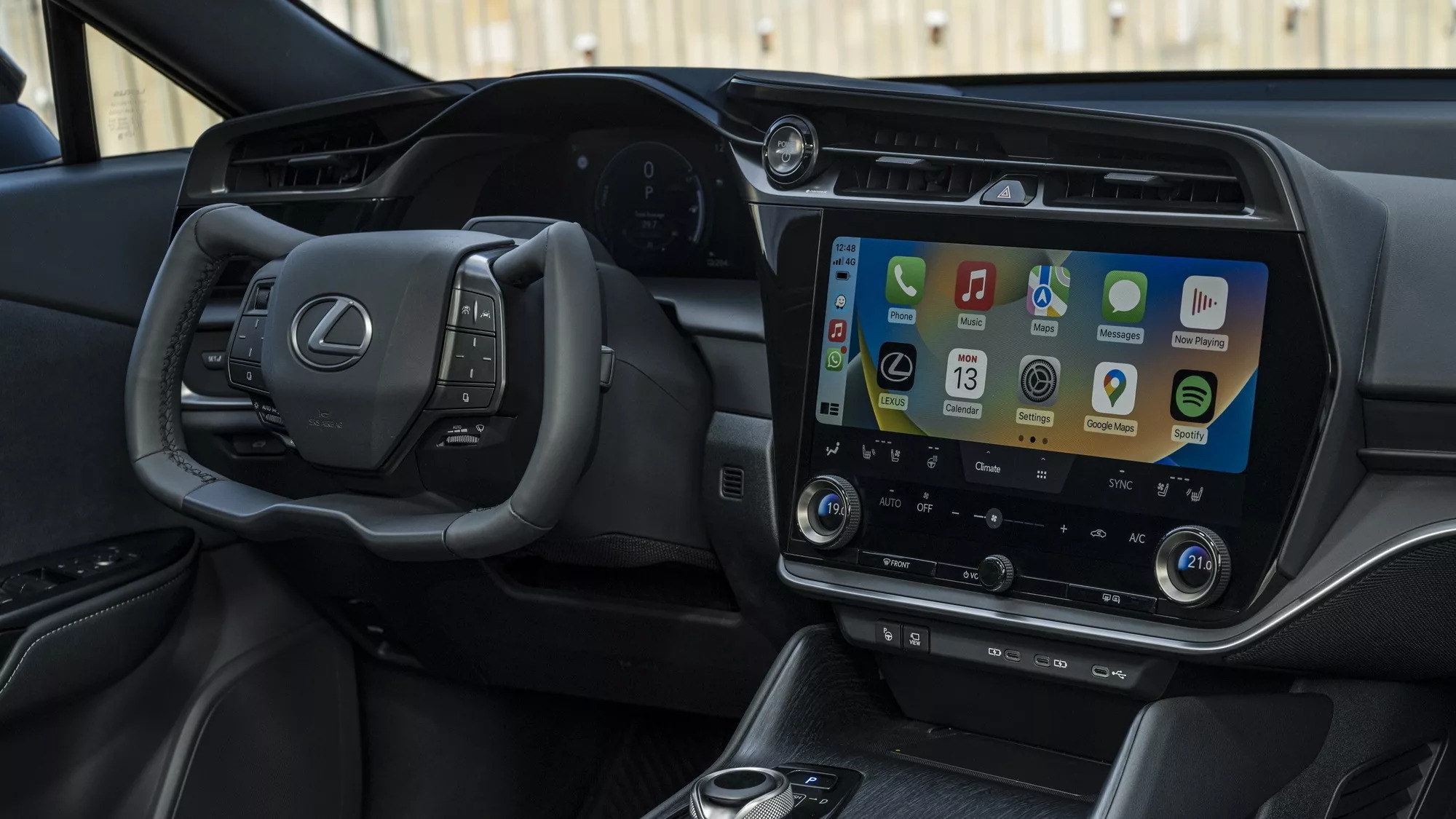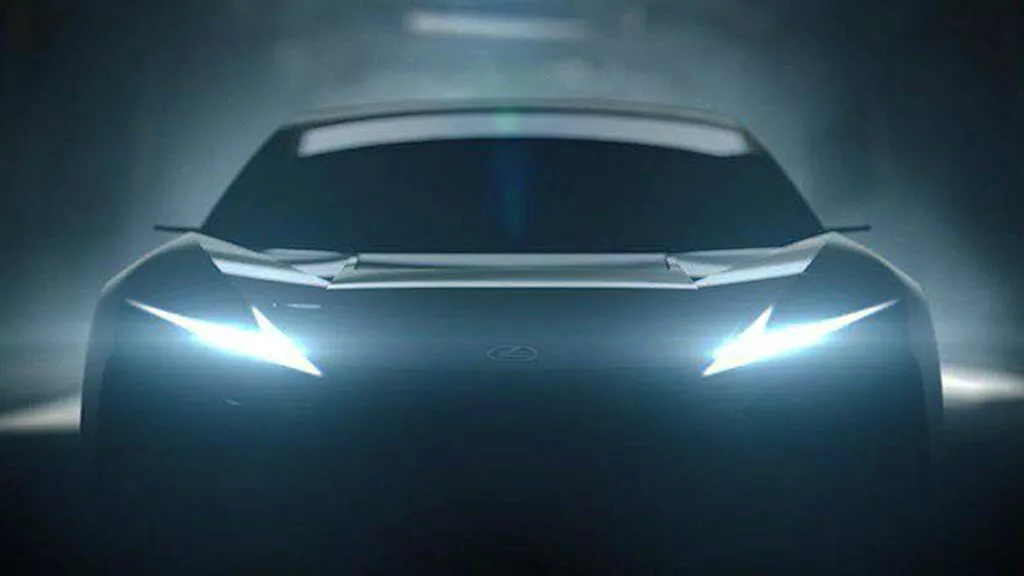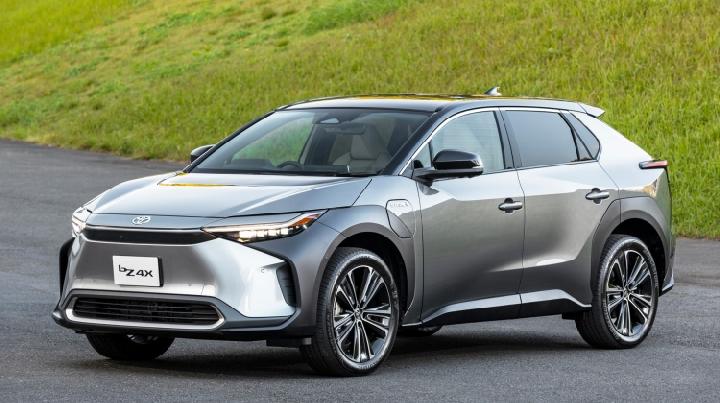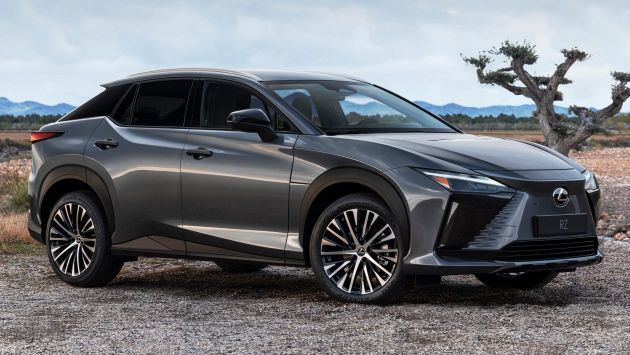Lexus, the luxury vehicle division of Toyota, is gearing up for a transformation in the coming years, with a strong focus on electric vehicles (EVs). While the automaker has recently introduced intriguing models like the LM minivan and the robust GX SUV, the real shift is expected in the second half of this decade.
The glimpse of this future will be revealed when Lexus unveils a new EV concept at the upcoming Japan Mobility Show. However, the most significant developments are set to unfold around 2026, with the introduction of a new generation of vehicles. These vehicles are poised to redefine design, luxury, and performance standards for Lexus, pushing the boundaries of what consumers have come to expect from the brand’s cars and SUVs.
Takashi Watanabe, the newly appointed global chief of Lexus, shared insights into the brand’s plans leading up to its complete transition to electric power by 2035. The company aims to position itself as a major player in the EV market, with a target of producing 1 million EVs annually by the end of the decade, a remarkable leap from the fewer than 25,000 units sold last year.
“In 2026, we will introduce the next-generation battery EV that re-innovates the vehicle modular structure, significantly alters our production methods and completely re-imagines the software platform,” Watanabe revealed. He also emphasized that future Lexus designs would prioritise embodying the brand’s essence.
The forthcoming EV concept, scheduled for next month, will provide a glimpse of Lexus’s new design language. Additionally, Lexus is expected to leverage battery technology, similar to that promised by parent company Toyota, potentially offering an electric driving range of nearly 1,000 miles (1,600 km).
While Lexus seeks to carve out a distinct identity in the premium vehicle segment, Watanabe acknowledges the influence of competitors like Tesla. “We need to make it easier to build and simplify as much as possible,” he stated, expressing a willingness to learn from Tesla’s accomplishments and reevaluate production methods.
Recently, Toyota introduced giga casting technology, a technique likely to find its way into Lexus production. However, it’s another innovative technology—a patented simulated manual transmission for EVs—that has piqued the interest of both enthusiasts and engineers. This advancement hints at an exciting future for Lexus vehicles, reminiscent of the days of the V10 LFA sports car.

